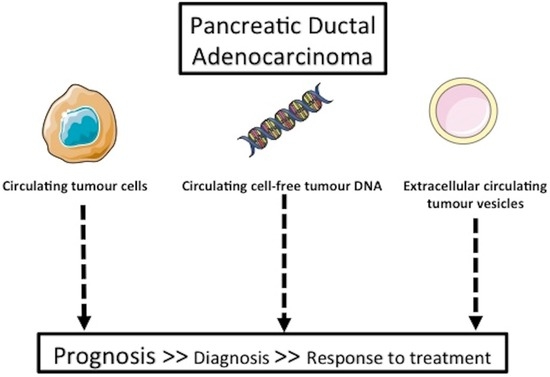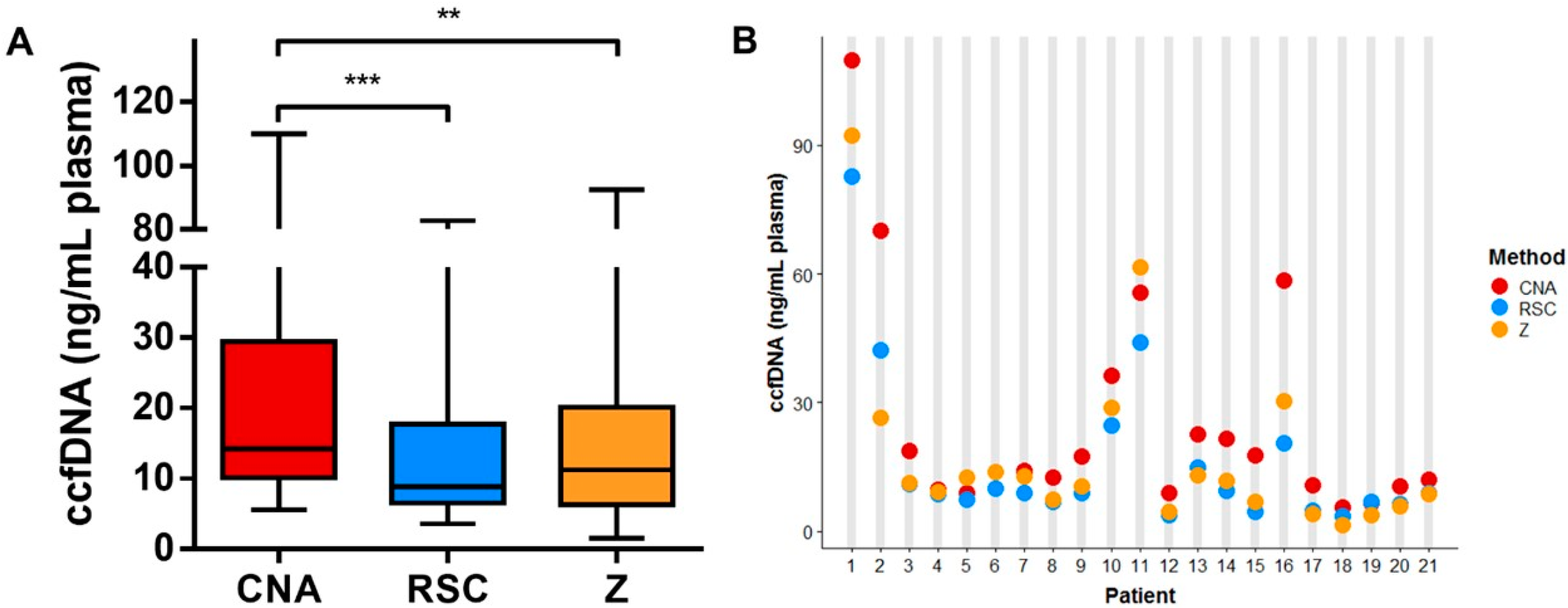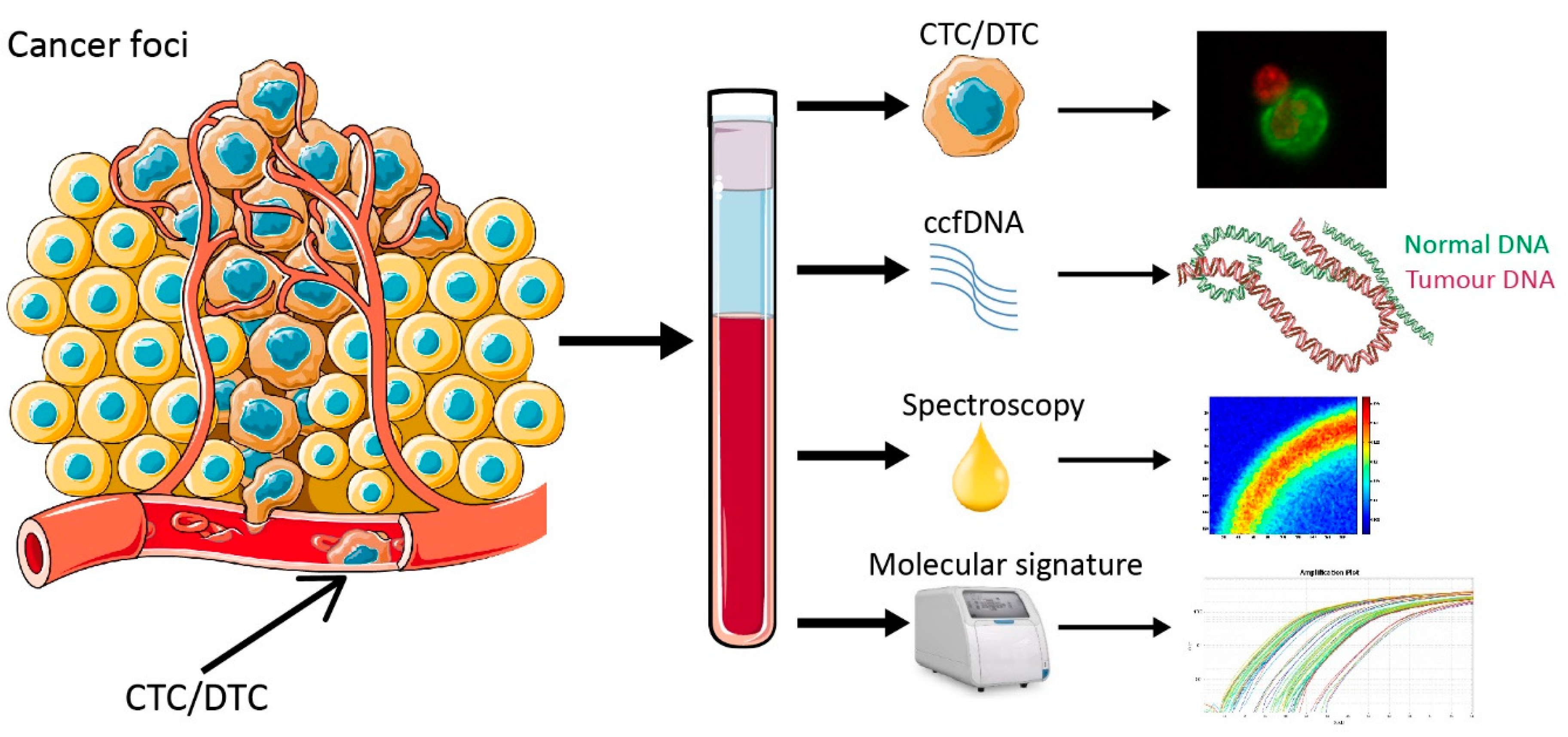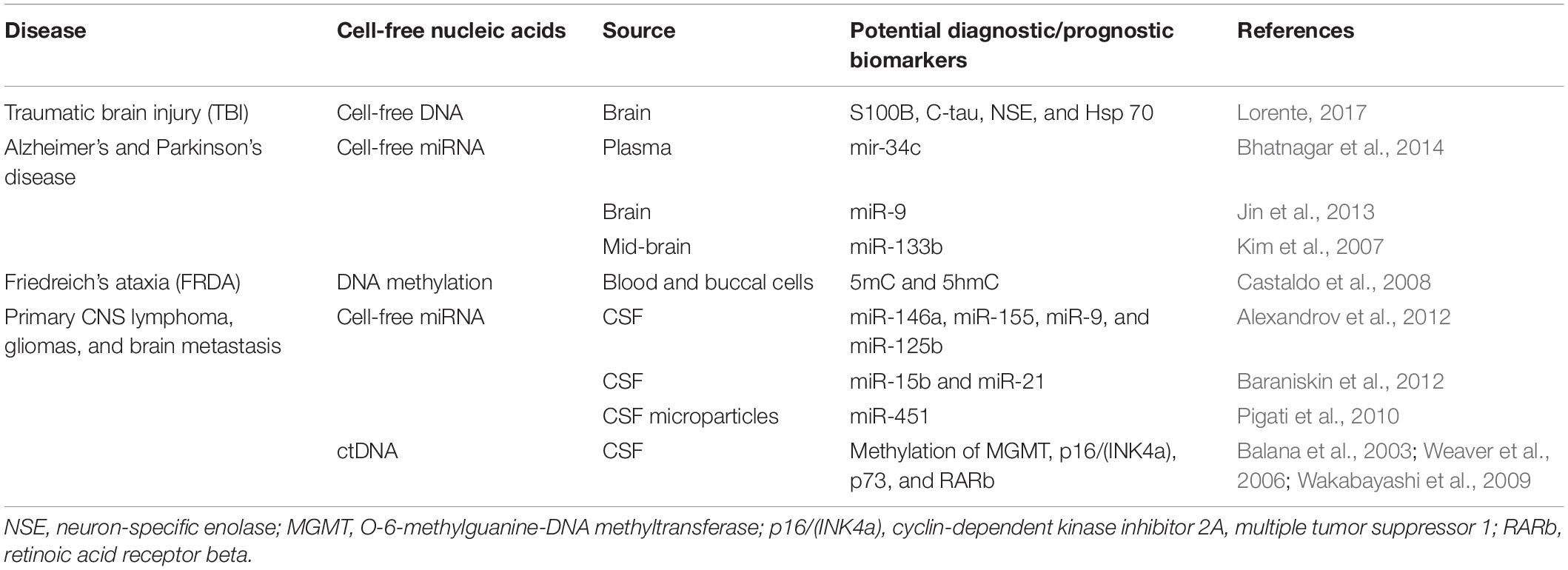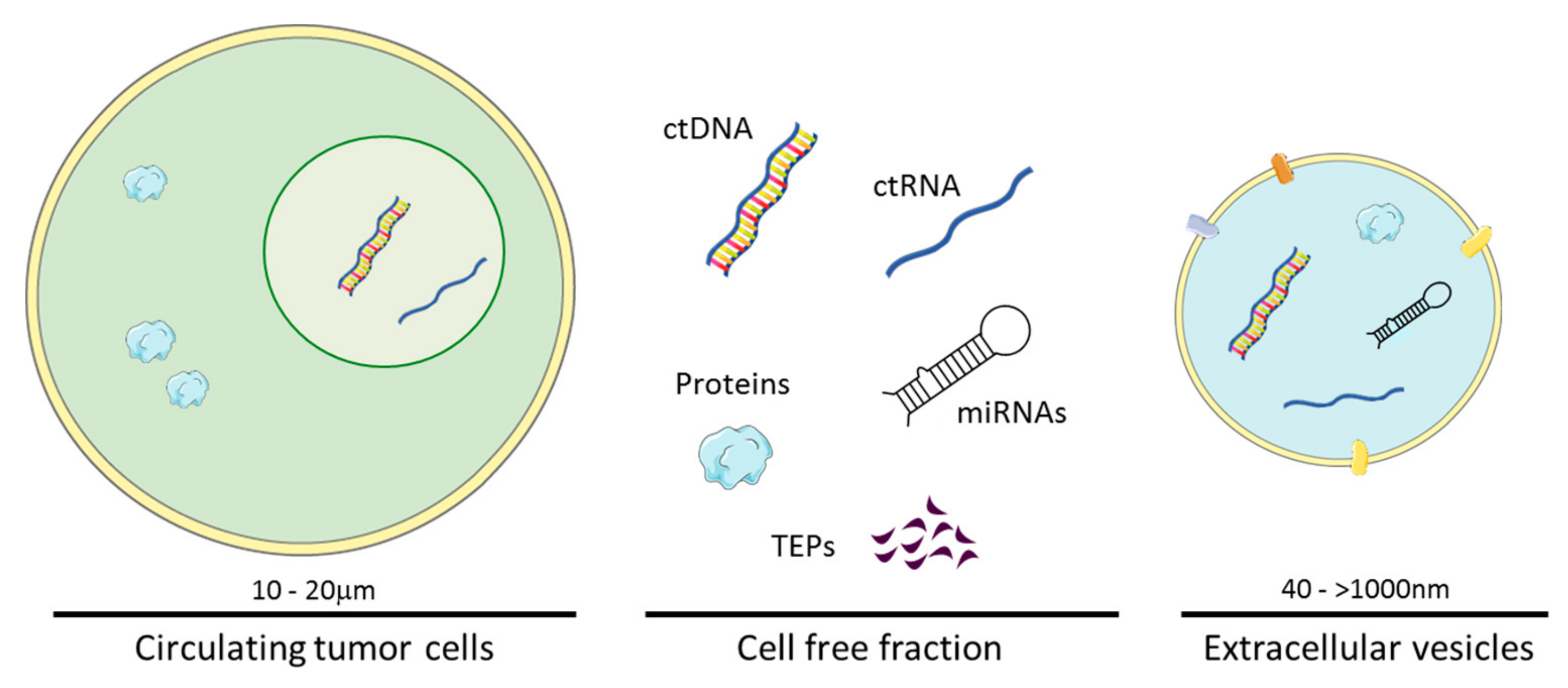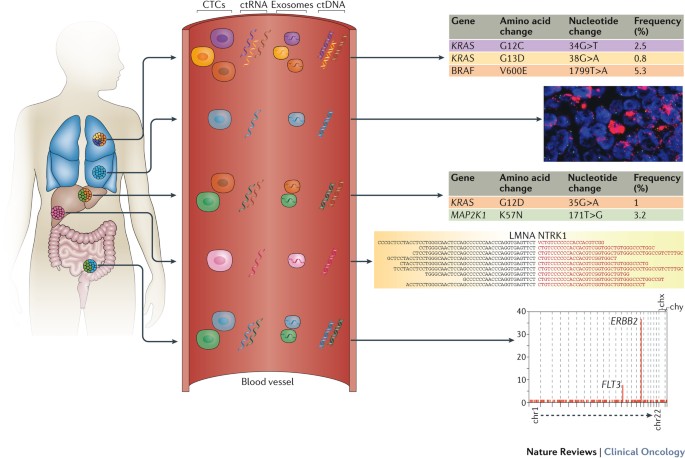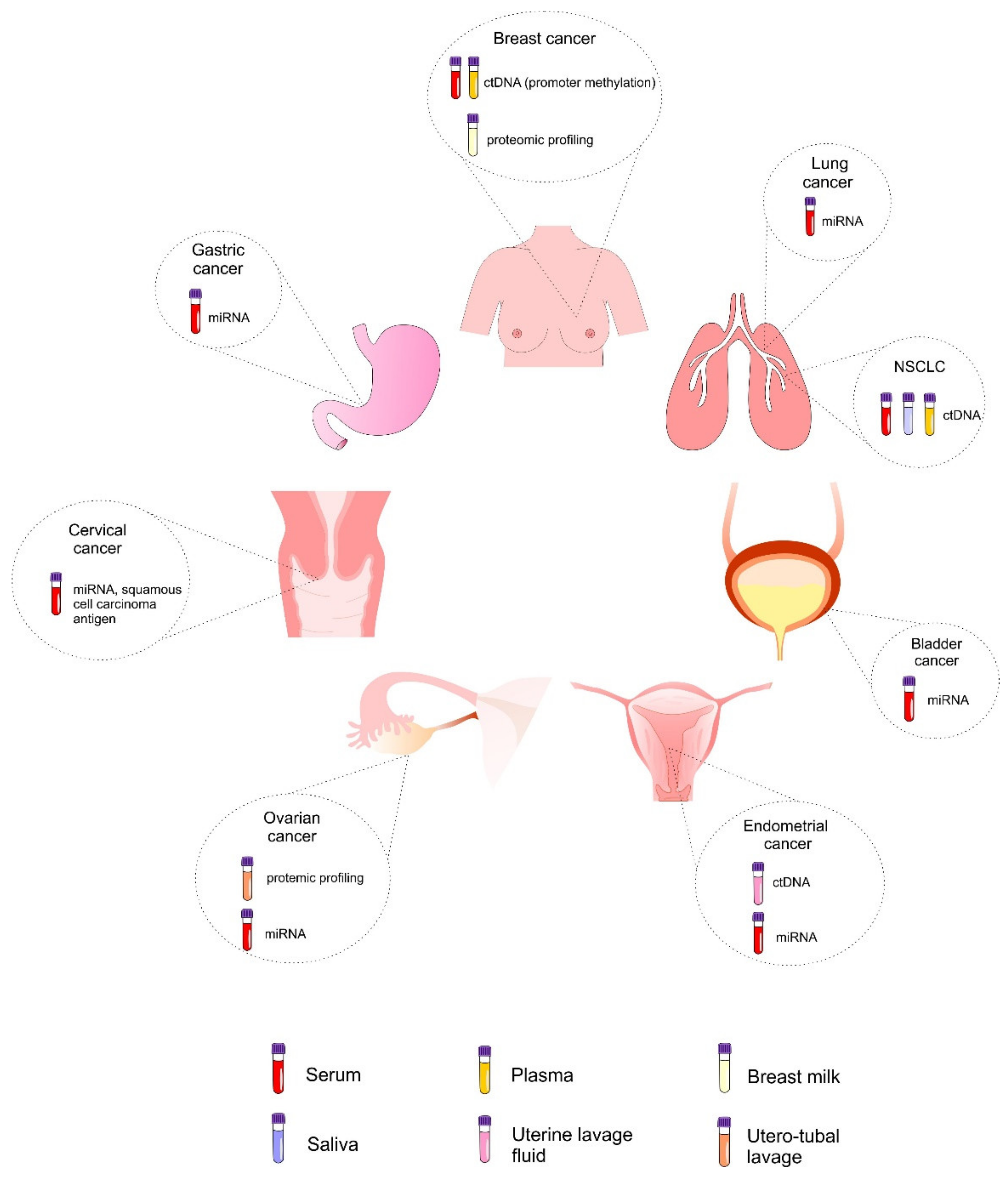2 issue 1 offers an international scope and provides an accurate presentation of data showing the value of cell free dna cfdna screenin.
Sequencing of circulating cell free dna during pregnancy.
The review article by bianchi and chiu aug.
Bianchi moderator sequencing of cell free dna cf dna circulating in the plasma of pregnant women to screen for the common fetal autosomal aneuploidies is the first widespread.
Pertile md halks miller m flowers n barbacioru c kinnings sl vavrek d seltzer wk bianchi dw.
Sequencing the fetal dna that circulates in a pregnant woman s blood holds promise for modern genomic medicine according to a review article by diana w.
Fetal dna sequencing improves the accuracy of prenatal screening tests for genetic conditions and at times has led to the diagnosis of maternal conditions that may have otherwise gone undetected.
Sequencing of cell free dna during pregnancy biology because they show that fetuses with rare autosomal trisomies can survive well into the third trimester.
Sequencing the fetal dna that circulates in a pregnant woman s blood holds promise for modern genomic medicine according to a review article by diana w.
Assay of circulating cell free dna in pregnancy advances in dna sequencing have facilitated a change in the method used to screen for fetal chromosome trisomies.
Fetal chromosomal aneuploidy e g trisomy 21 monosomy x genomic sequence analysis panel circulating cell free fetal dna in maternal blood must include analysis of chromosomes 13 18 and 21.
This review describes the basis.
N engl j med.
Sequencing of circulating cell free dna during pregnancy.
Rare autosomal trisomies are also associated with poor obstetrical outcomes in cluding in utero growth restriction and stillbirth.
Rare autosomal trisomies revealed by maternal plasma dna sequencing suggest increased risk of feto placental disease.
Bianchi m d a senior researcher and institute director at the national institutes of health and her colleague.
Analysis of cffdna is a method of non invasive prenatal diagnosis frequently ordered for pregnant women of advanced maternal age.
Alleles were present in the amplified cfdna and were consistent with the presence of ctdna originating from a molar pregnancy the percentage of dna attributable to the molar tissue was estimated by calculating the height of the peak s for the paternal allele s as a proportion of the sum of the allele heights for.
Circulating cell free dna.
Two hours after delivery cffdna is no longer detectable in maternal blood.















